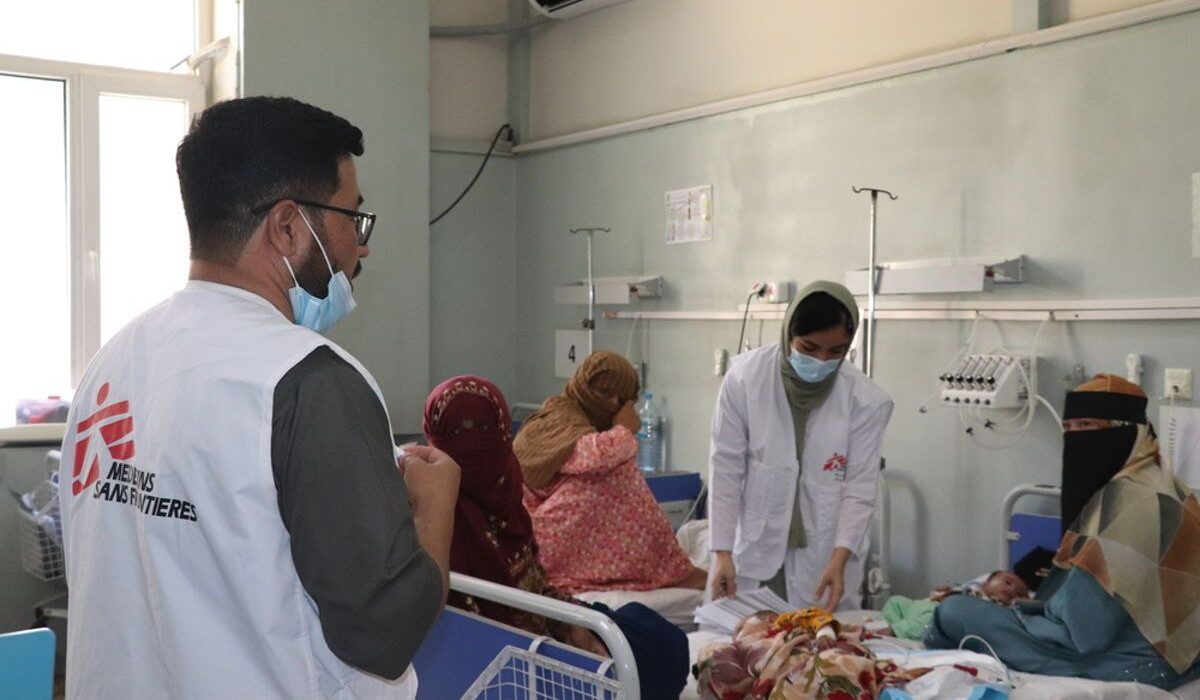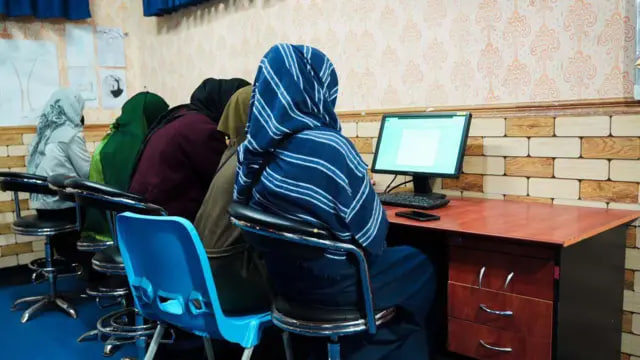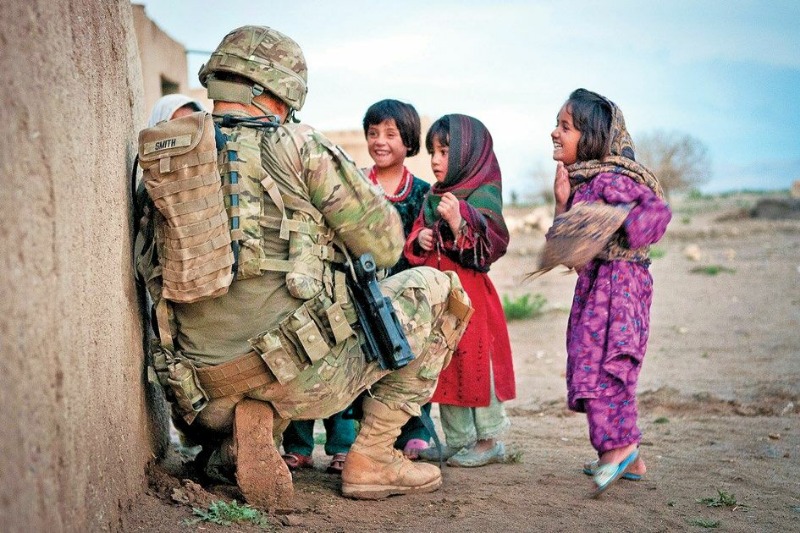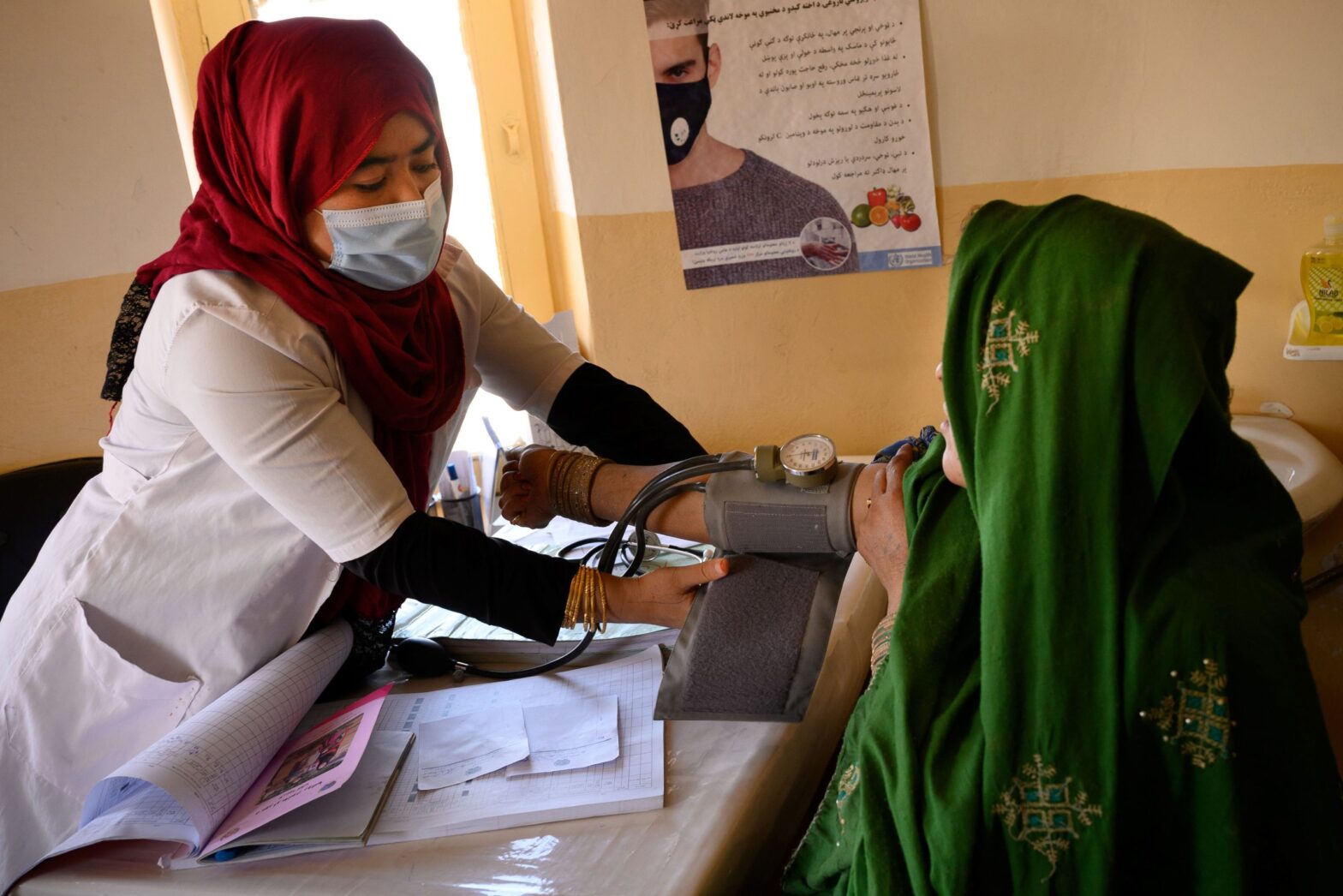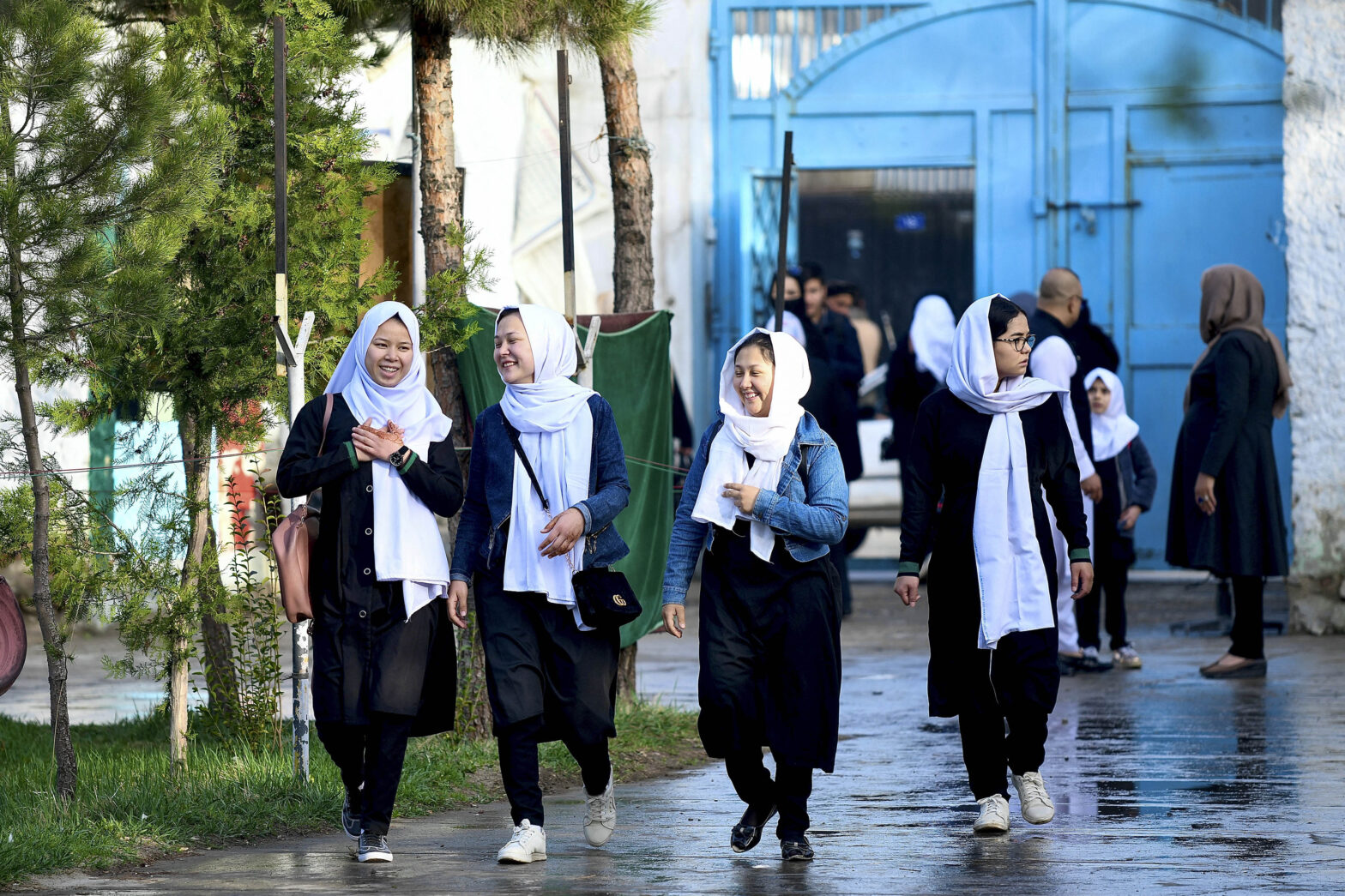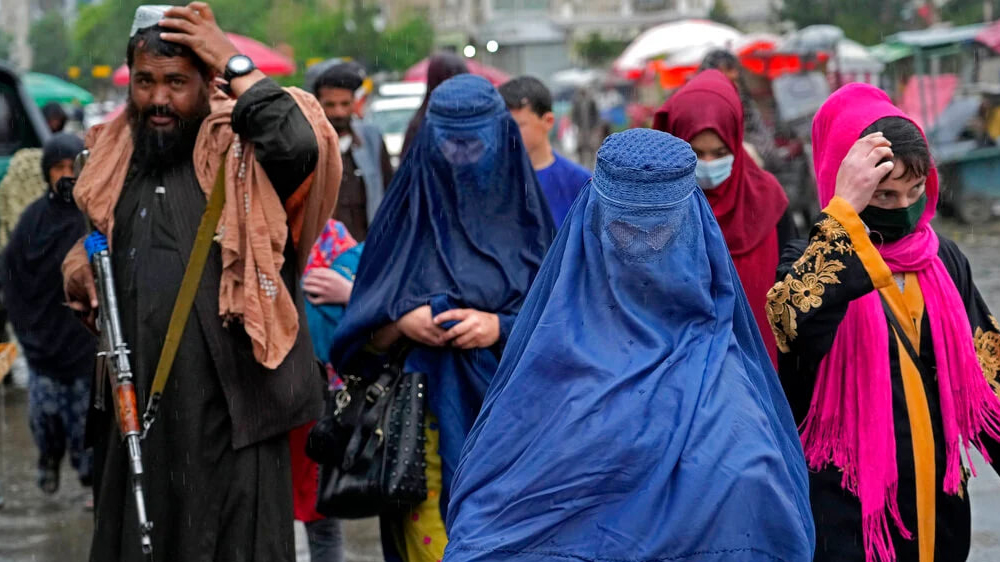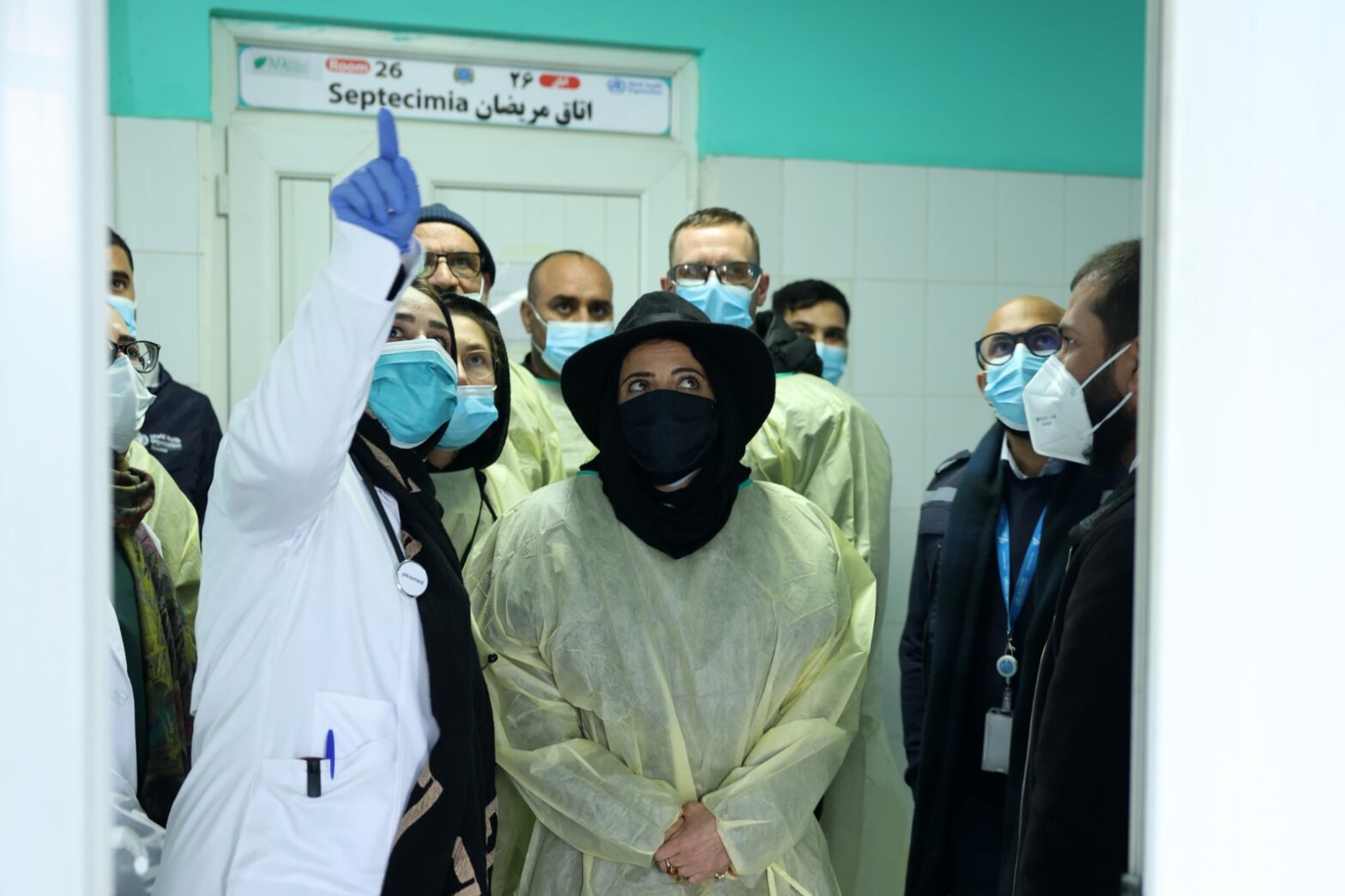
While schools and universities remain closed to girls and women, the European Union Delegation to Afghanistan has recently stated that it supports the training of women and girls as medical professionals. In a message posted today (Tuesday, Dec 2) on its X account during the campaign against violence against women, the Delegation wrote that the EU supports the provision of healthcare services in Afghanistan so that women, girls, and mothers can receive essential care. The EU Delegation further emphasized that taking action to end violence is crucial to ensuring safe and accessible healthcare services for all. It is worth noting that the restrictions imposed by the de facto authorities on women’s and girls’ education have had a direct impact on Afghanistan’s health sector. The shortage of professional female staff in Afghanistan’s health facilities has worsened, as no female doctor has graduated from Afghan universities in the past four years. Afghanistan also continues to have one of the highest maternal and women’s mortality rates in the world. The current authorities, after taking control of Afghanistan, have barred women and girls from education and schooling. This decision has prevented millions of female students from continuing their studies. In addition, women have been prohibited from going to gyms, restaurants, public baths, being examined by male doctors, traveling without a mahram, and working in national and international NGOs and even UN offices in Afghanistan.

